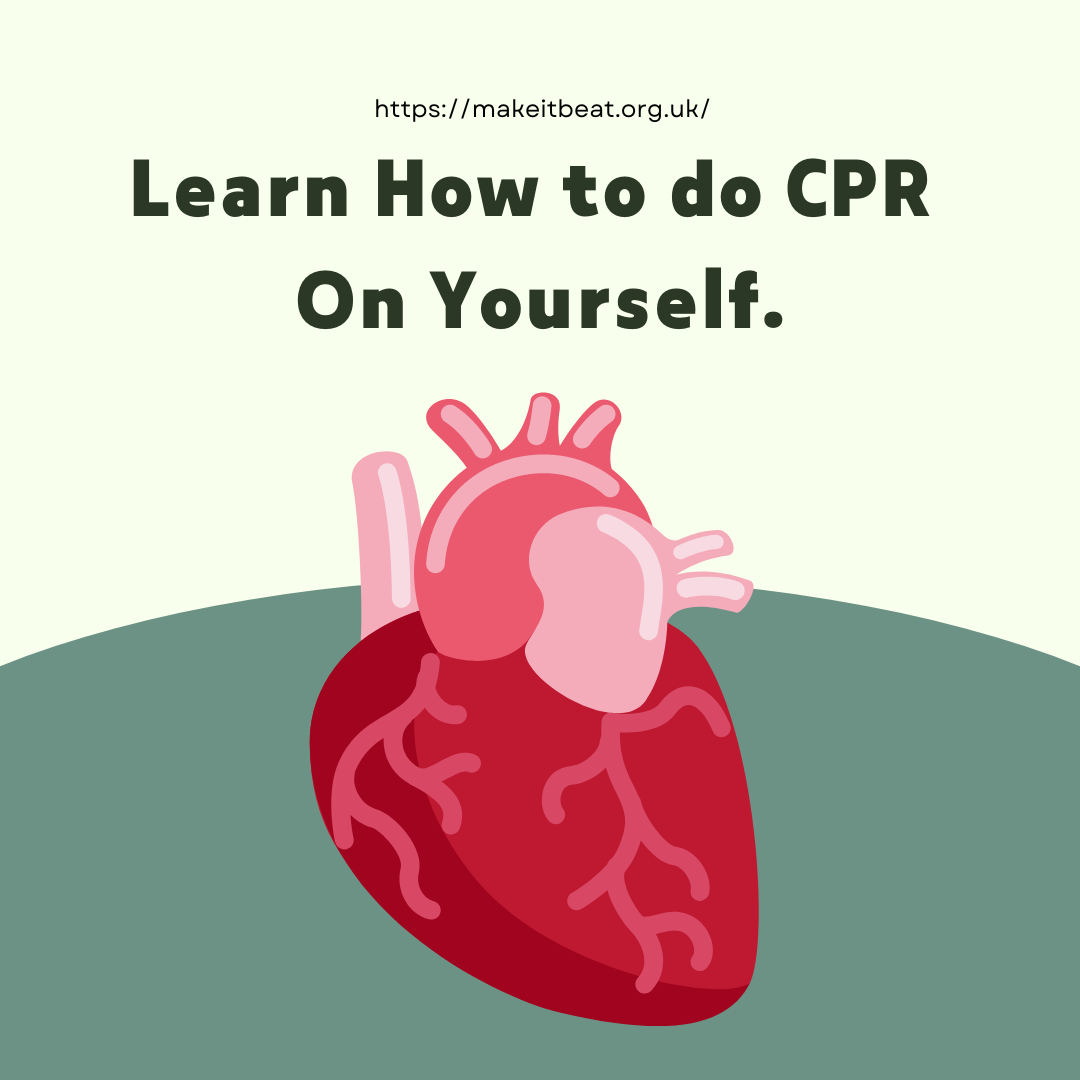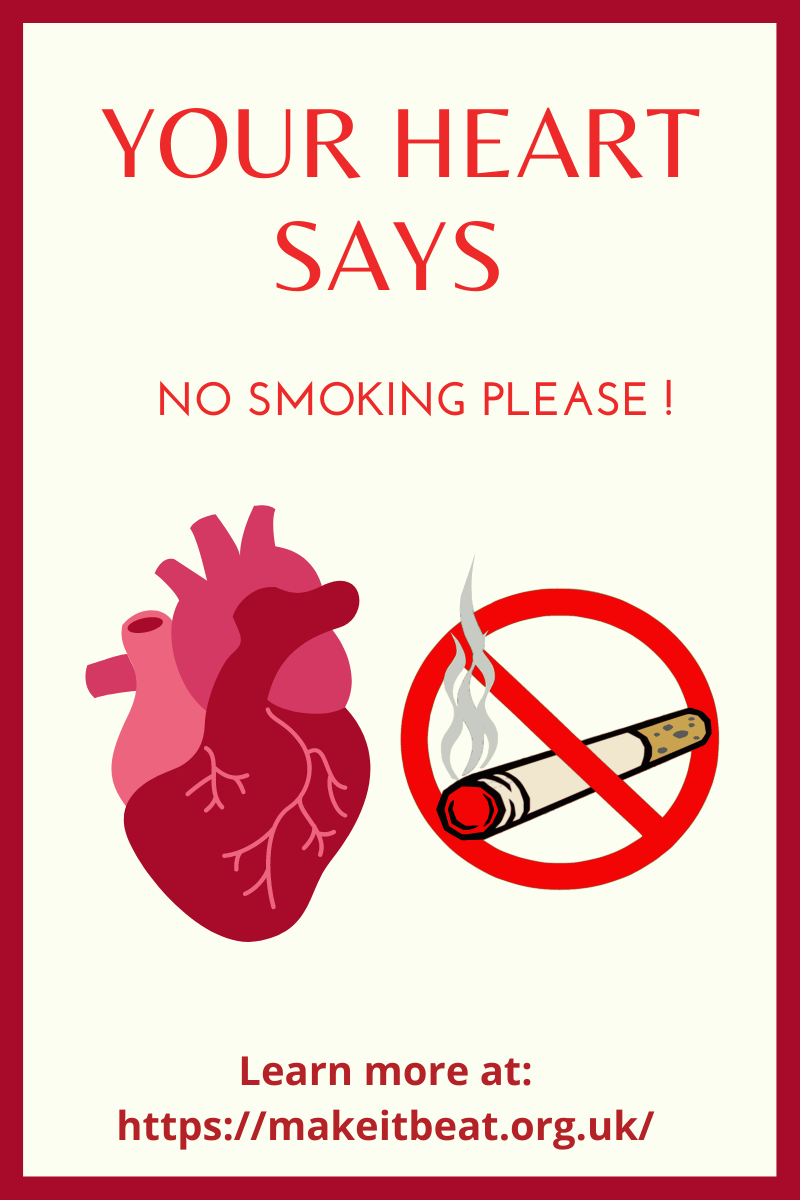There’s no harm in enjoying an occasional drink in moderation, but drinking to excess can have a serious impact on your health. Cardiovascular diseases, such as coronary heart disease and stroke, are the leading cause of death worldwide, and too much alcohol plays a role in this. In fact, alcohol can affect your heart in a variety of ways.
- Alcohol weakens your heart muscle
Long-term, heavy drinking can weaken your heart muscle. This causes a condition called alcoholic cardiomyopathy.
When your heart is weakened, it cannot contract properly. It becomes unable to pump enough blood around your body. This results in symptoms such as shortness of breath, tiredness, an irregular heartbeat and swelling in your legs and feet. In severe cases, it can lead to heart failure.
- Alcohol affects how quickly your heart beats
Binge drinking and regular long-term drinking can affect how quickly your heart beats. Alcohol can cause the heart to either beat too quickly or beat irregularly. These irregularities are called arrhythmias and can have serious consequences for your health.
It’s not just regular excessive drinking that can trigger arrhythmia. You are also at risk if you suddenly drink to excess, especially if you don’t usually drink alcohol.
- Alcohol can cause high blood pressure and stroke
Binge drinking puts you at risk of high blood pressure, or hypertension. This occurs when your blood vessels stiffen, causing the pressure inside your veins and arteries to rise. Heavy alcohol consumption also triggers the release of certain stress hormones that constrict your blood vessels. This, in turn, elevates your blood pressure. High blood pressure is one of the key risk factors for a heart attack or stroke.







